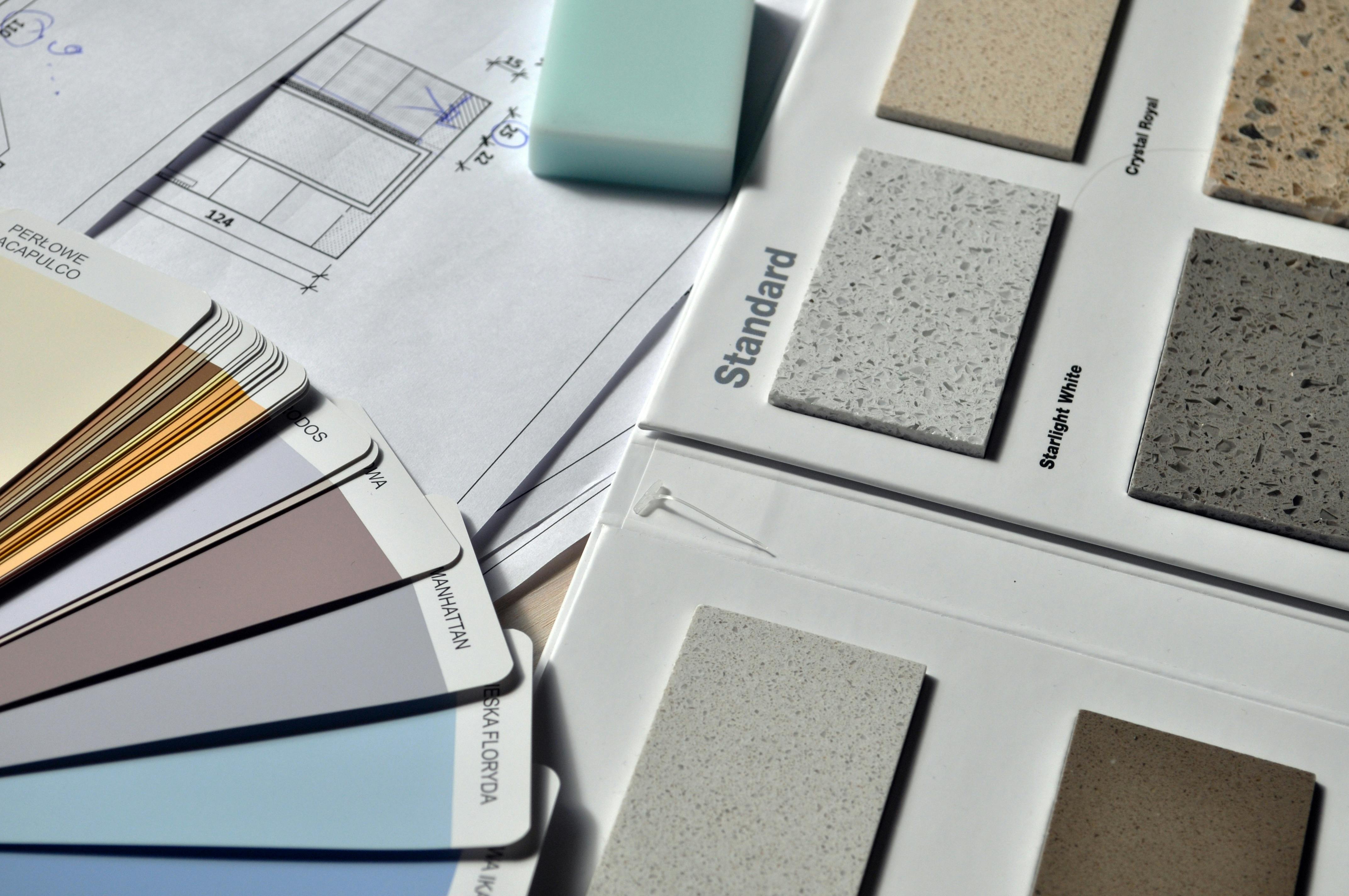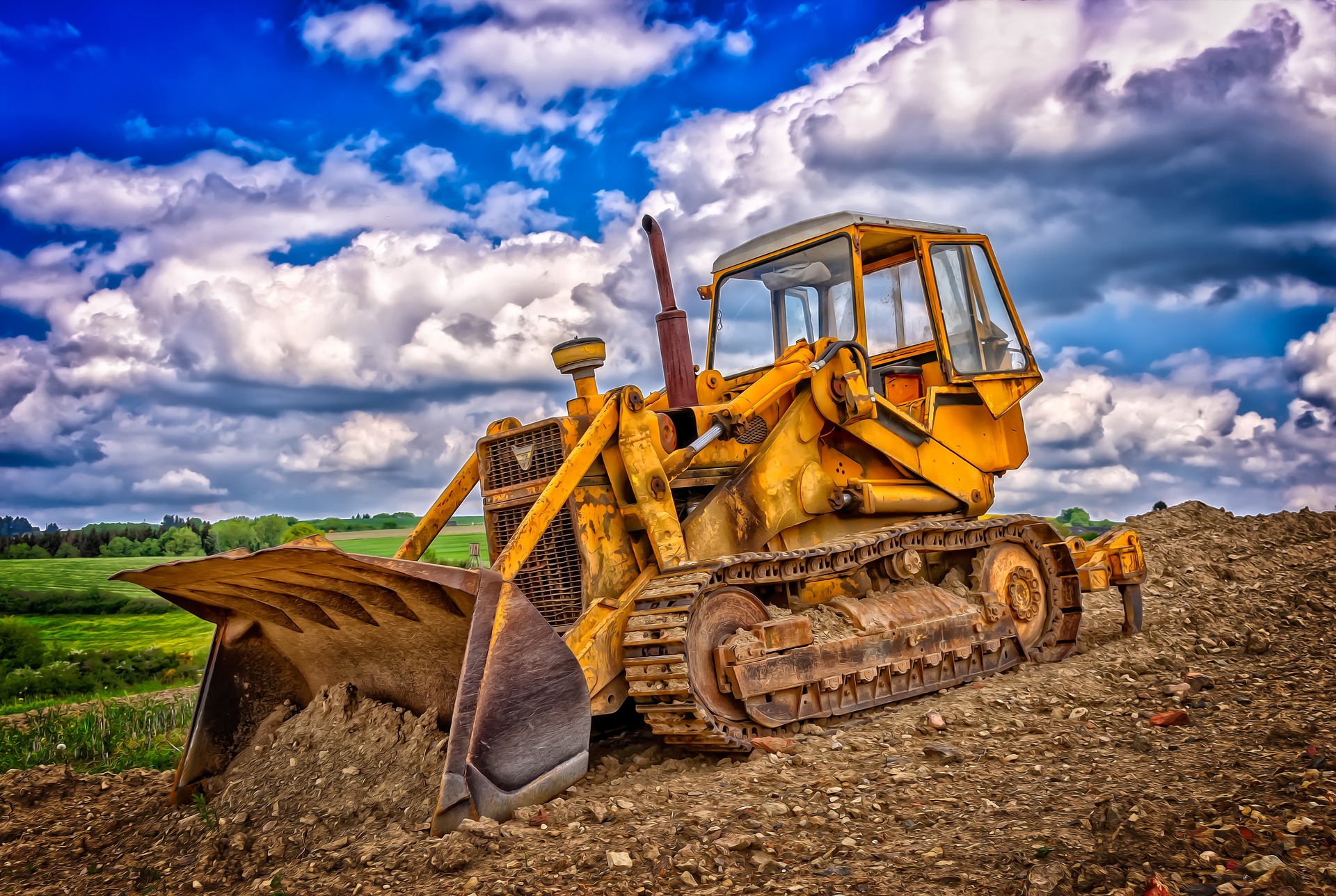The Untapped Potential of Adaptive Reuse in Real Estate
Introduction: In a world facing a pressing need for sustainability, adaptive reuse of existing buildings presents a compelling solution. This underexplored investment strategy offers a unique blend of financial, environmental, and social returns, but how do you navigate the complexities?

The Concept of Adaptive Reuse
Adaptive reuse refers to the process of repurposing an existing building for a use other than its original design. It’s a practice that dates back centuries, but its significance has grown in the modern era as urban areas become denser and the need for sustainable practices intensifies.
Current Market Dynamics
Driven by factors such as urban revitalization, historic preservation, and environmental sustainability, the adaptive reuse trend is gaining momentum. Cities around the world are witnessing a shift towards transforming old factories, warehouses, and schools into modern residential, commercial, or mixed-use properties.
Financial Insights and Analysis
Adaptive reuse projects can offer attractive returns, often outperforming traditional real estate investments. The potential for higher rental rates, tax credits, and lower construction costs contribute to the financial viability of these projects. However, they also involve unique challenges such as regulatory hurdles and potential structural issues.
Impact on Buyers, Sellers, and Investors
Adaptive reuse can create value for all real estate market participants. Buyers can gain access to unique, character-filled properties, often in prime urban locations. Sellers or property owners can unlock the hidden value in underutilized assets. Investors can diversify their portfolios with properties that offer a blend of risk and return characteristics distinct from traditional real estate investments.
A Deeper Dive into the Advantages and Challenges
While adaptive reuse projects can be financially rewarding, they also contribute to environmental sustainability by conserving resources and reducing waste. Moreover, they can play a key role in preserving the architectural heritage and cultural identity of a city. However, these projects can be complex and risk-prone, requiring careful due diligence and expert guidance.
The Future of Adaptive Reuse
As urbanization continues and sustainability becomes a priority, the trend towards adaptive reuse is likely to grow. By understanding the dynamics of this market, real estate participants can tap into an underexplored investment strategy that offers both financial returns and broader societal benefits.
In a rapidly changing real estate landscape, adaptive reuse is one trend that merits closer attention for its potential to reshape our cities and redefine the meaning of value in real estate.




